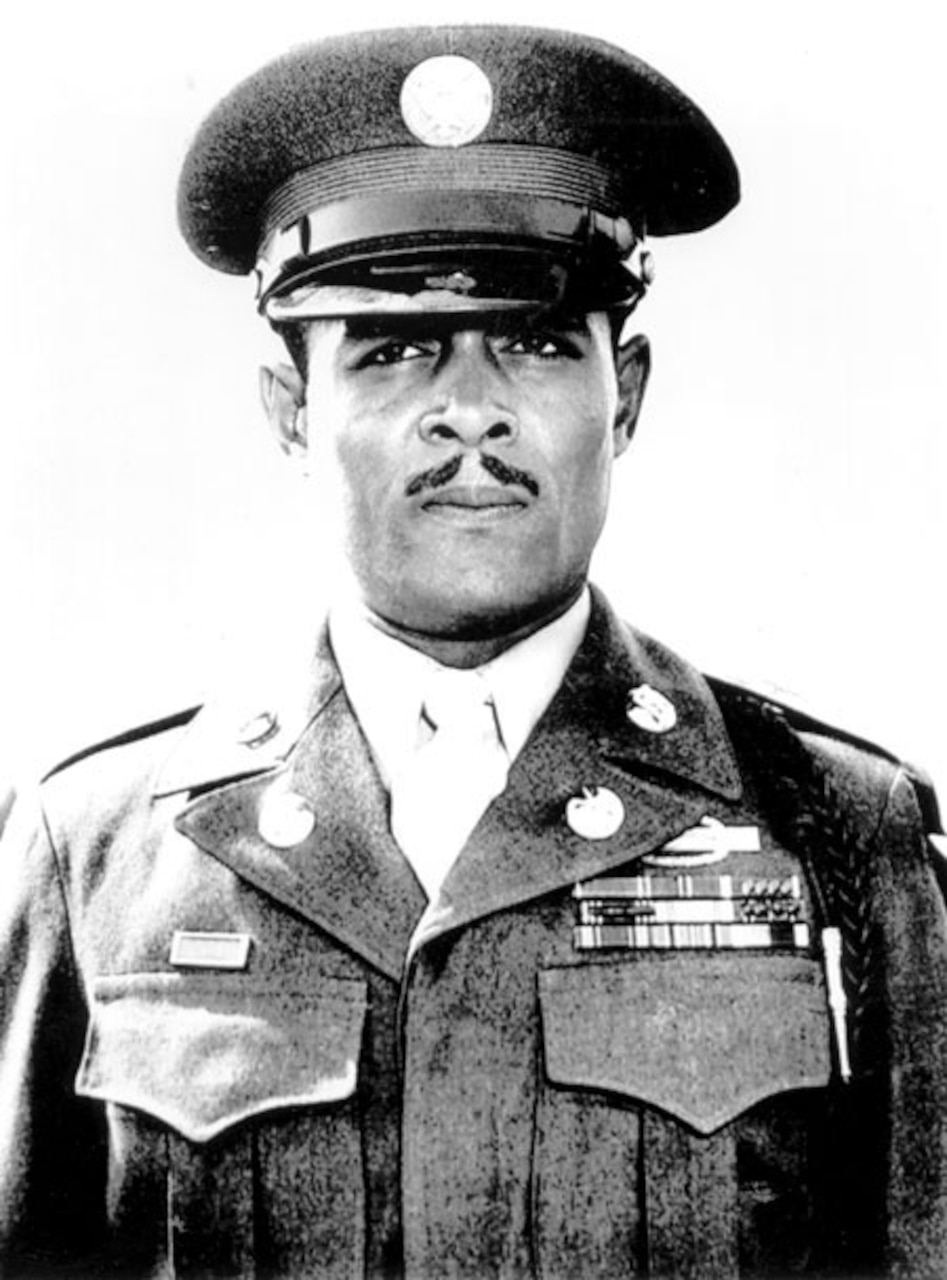Is This The Way America Treats Its Military Heroes?
Updated 22 March 2025 to include the reference to Alfred Masters.
Is This The Way America Treats Its Military Heroes?
Across America, military heroes have long been celebrated for their courage, sacrifice, and service. Yet today, questions are emerging about how people choose to remember, and sometimes remove, the full stories behind their heroism.
Recent News
In news reports published in the past couple of weeks, there has been a lot of talk about how America preserves the legacy of their military heroes. For example, there have been articles about the removal of the Tuskegee Airmen and the Women Airforce Service Pilots from Air Force training programs and how it would be reinstated.
Military.com highlighted the removal of references to Charles Rogers, a Black Medal of Honor recipient who fought bravely during the Vietnam War, how DEI was inserted in the URL and how the page has been republished.
Another discussion focused on the removal of 26,000 images from government media and databases.

According to Task and Purpose, even Arlington National Cemetery has updated its website to remove DEI-related content.
A Reuters report wrote about changes in military leadership, where Charles Q. Brown, the chairman of the Joint Chiefs of Staff, was fired, while Pete Hegseth questioned if Brown only got his position because of his skin color.
The history of the 442nd Infantry Regiment, a unit of Japanese Americans that fought during World War II, was removed from the US Army website but has again been republished.
The same goes for the history of Jackie Robinson, the first Black American in the Major League Baseball. It was taken down, but has been added again.
ABC News noted that Alfred Masters, [about whom I have written before]](src\pages\articles\alfred-masters-the-first-black-american-marine.mdx) was removed from the Marine Corps website.
Alone, these events can happen. However, when taken together, these articles prompt an important question: Is this the way the US treats its military heroes?
In this blog post, we delve deeper into these developments and I invite you to reflect on the balance between modern updates and preserving America's full legacy.
Why It Matters
For many people, these changes seem more than just an administrative update. They feel like a rewriting of history. American military heroes come from all walks of life, and the diversity among them tells a rich story of patriotism and perseverance in the face of adversity.
Removing key elements from their stories may diminish public understanding of the struggles and sacrifices they endured. When historical records or images are edited to downplay certain aspects, are people not, in effect, telling a different story of who these heroes were and what they stood for?
Balancing Modern Updates with Historical Truth
There is no question that government websites and archives must evolve to meet new standards and reflect contemporary values. However, when updates mean erasing important parts of the past, the implications are far-reaching.
Updating language or reorganizing content is one thing, but selectively removing records risks presenting a version of history that is less complete, and potentially less honest.
Heroes Regardless of Race
The importance of preserving military history is not just about honoring the soldiers. It’s also about the values they fought for.
During World War II, American forces, alongside their allies, liberated Europe from Nazi tyranny. Among them were segregated units like the Tuskegee Airmen, the 92nd Infantry Division, and the 442nd Infantry Regiment—units that faced discrimination at home yet fought heroically against oppression abroad.
When people erase or downplay aspects of their service, they risk losing critical lessons about unity, diversity, perseverance, and the true cost of defending democracy.

Reflecting on Values
At its core, this controversy forces us to reflect on what values we want to celebrate.
Should the US national narrative embrace every part of its history? Even the parts that show a struggle against prejudice and injustice? Or should it focus on a sanitized version that fits a more current political agenda? Does it do justice to these soldiers when they are taken down and removed for "diversity, equity and inclusion"-reasons?
For all Americans, it’s important to consider: Are you losing part of your collective memory when people decide to remove these pieces of history?
A Call to Consideration
US military heroes deserve to be remembered in their entirety—complete with their battles, both on the field and off it.
Their stories remind us that courage and sacrifice are not bound by race, gender, or background. By preserving the full record of their lives, we not only honor their contributions but also learn valuable lessons about overcoming adversity in all its forms.
So, as you consider the stories of our brave men and women, ask yourself:
Is this the way to treat your military heroes?
Are we honoring them by preserving every chapter of their legacy, or are we inadvertently allowing parts of their truth to fade away?
The answers to these questions will shape how future generations remember the sacrifices made for the freedoms we cherish today.